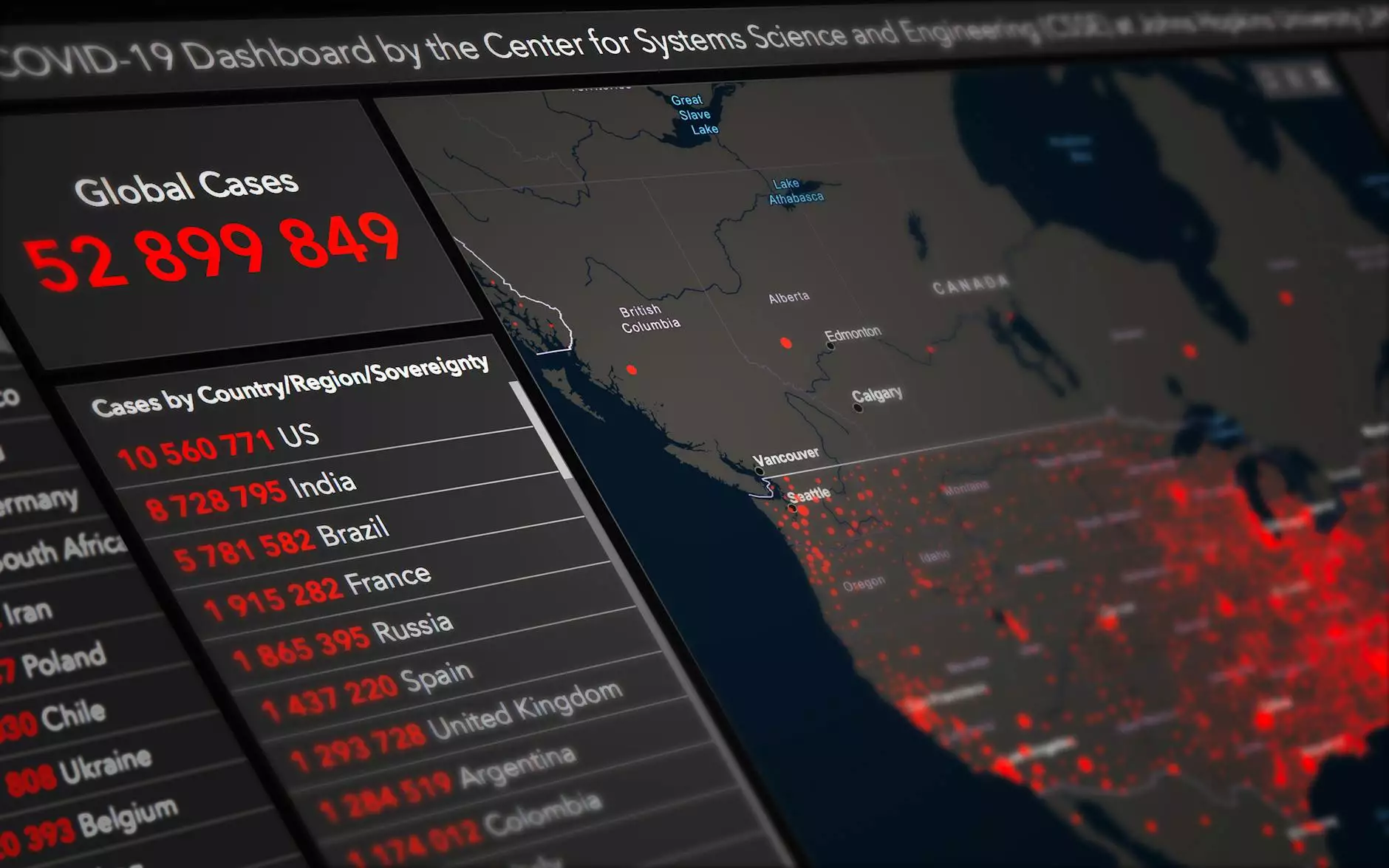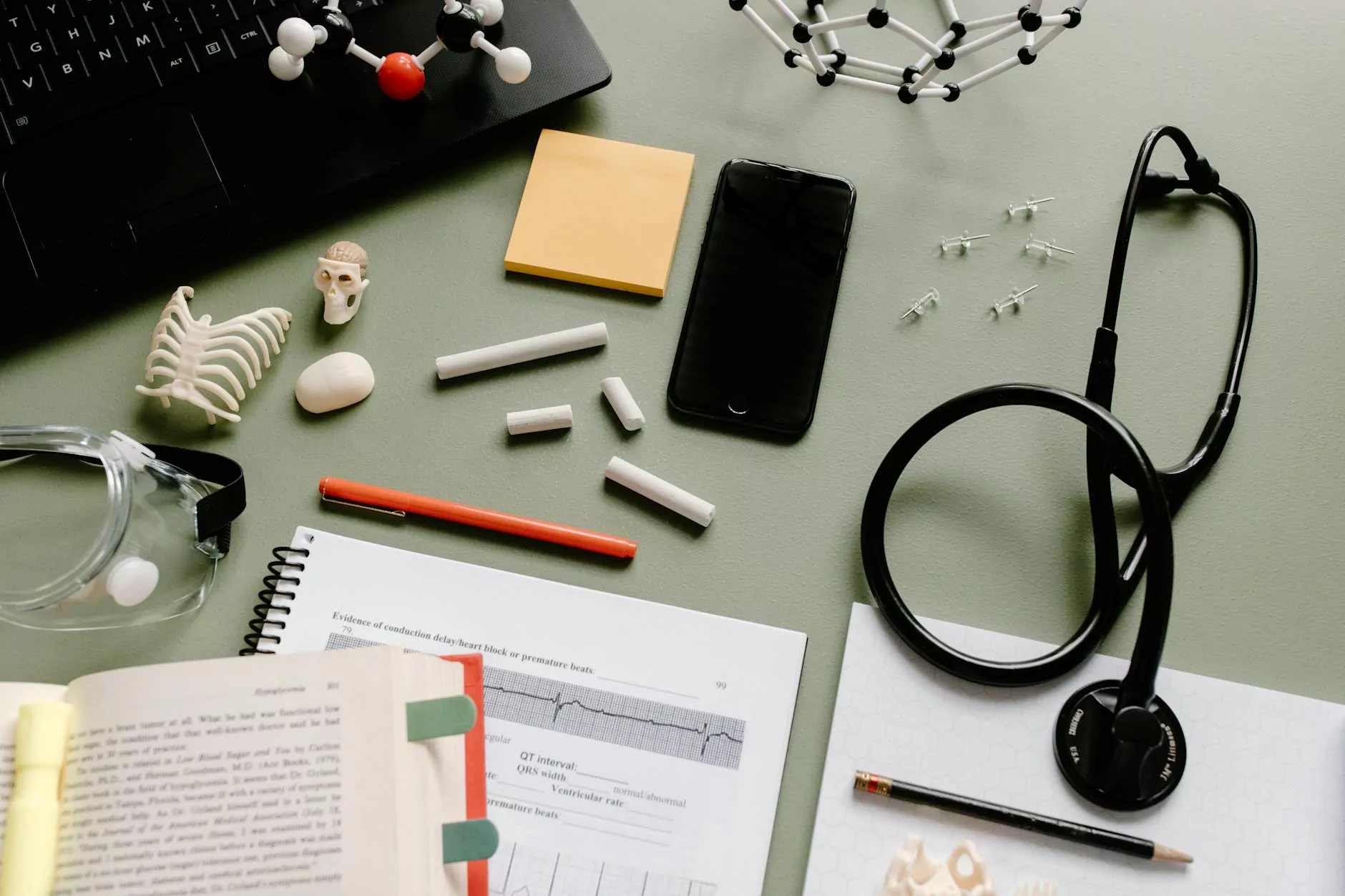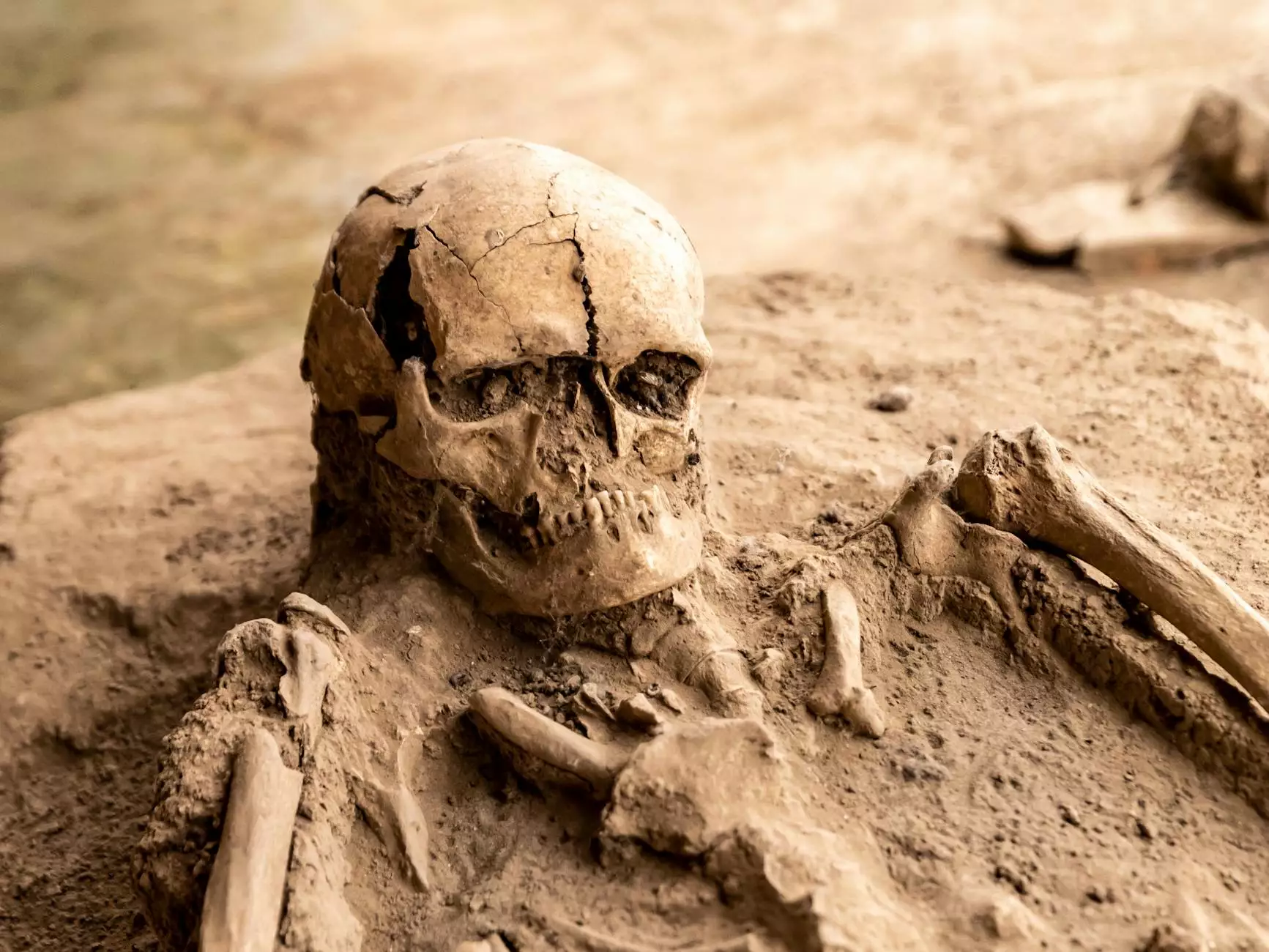Neuromuscular Disorders

Understanding Neuromuscular Disorders
PrimdeVie is your go-to destination when seeking information and support about various neuromuscular disorders. Our platform offers an extensive collection of resources related to these conditions, including valuable insights, helpful tips, and recommendations from experts in the field.
What are Neuromuscular Disorders?
Neuromuscular disorders encompass a wide range of conditions that affect the muscles and/or the nerves controlling them. These disorders may arise from genetic mutations, autoimmune disorders, infections, or environmental factors. They can result in muscle weakness, numbness, pain, impaired movement, and various other debilitating symptoms.
Types of Neuromuscular Disorders
PrimdeVie provides in-depth information on numerous neuromuscular disorders, ensuring you have access to comprehensive knowledge. Some common types of neuromuscular disorders include:
Muscular Dystrophy
Muscular dystrophy represents a group of genetic disorders characterized by progressive muscle weakness and degeneration. This condition affects both children and adults, causing difficulties in mobility and daily activities.
Peripheral Neuropathy
Peripheral neuropathy refers to the damage of peripheral nerves, resulting in numbness, tingling, and weakness in the extremities. This disorder can be caused by diabetes, autoimmune diseases, nutritional deficiencies, or traumatic injuries.
Amyotrophic Lateral Sclerosis (ALS)
Amyotrophic Lateral Sclerosis, also known as ALS or Lou Gehrig's disease, is a progressive degenerative disorder that affects nerve cells in the brain and spinal cord. ALS causes muscle weakness, loss of motor function, and eventually leads to paralysis.
Mitochondrial Myopathies
Mitochondrial myopathies are a group of rare genetic disorders that result in impaired cellular energy production. Symptoms may include muscle weakness, exercise intolerance, and organ dysfunction due to energy deficiency.
Symptoms and Diagnosis
Early detection and accurate diagnosis of neuromuscular disorders are essential for proper treatment and management. Common symptoms of these conditions may include:
- Muscle weakness and wasting
- Difficulty breathing or swallowing
- Numbness, tingling, or pain
- Loss of coordination
- Fatigue
- Impaired reflexes
Diagnosis often involves a combination of medical history evaluation, physical examinations, neurological tests, genetic testing, and imaging studies such as electromyography (EMG) or magnetic resonance imaging (MRI).
Treatment and Management
While there is no cure for most neuromuscular disorders, effective management strategies aim to slow disease progression, alleviate symptoms, and improve quality of life. Treatment options may include:
- Physical therapy to maintain muscle strength and flexibility
- Medications to manage pain, reduce inflammation, or control symptoms
- Assistive devices and mobility aids for improved mobility and independence
- Speech therapy and assistive technology for communication difficulties
- Gene therapies and clinical trials for select disorders
Consulting with healthcare professionals who specialize in neuromuscular disorders is crucial for developing individualized treatment plans and accessing the latest advancements.
Find Support and Resources on PrimdeVie
PrimdeVie understands the challenges faced by individuals living with neuromuscular disorders and their loved ones. Our marketplace offers a wide range of products tailored to enhance comfort, improve mobility, and assist with daily living activities. Additionally, we provide a supportive community forum where users can connect, share experiences, and find emotional support.
Stay Informed and Empowered
Awareness and education are essential when it comes to living with neuromuscular disorders. PrimdeVie strives to be a reliable source of information, empowering individuals to make informed decisions about their health and well-being.
Visit PrimdeVie's Neuromuscular Disorders section regularly to stay updated on the latest research, treatment options, and innovative solutions that can positively impact your life or the life of someone you care about.




